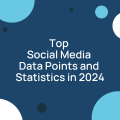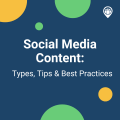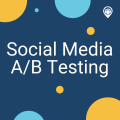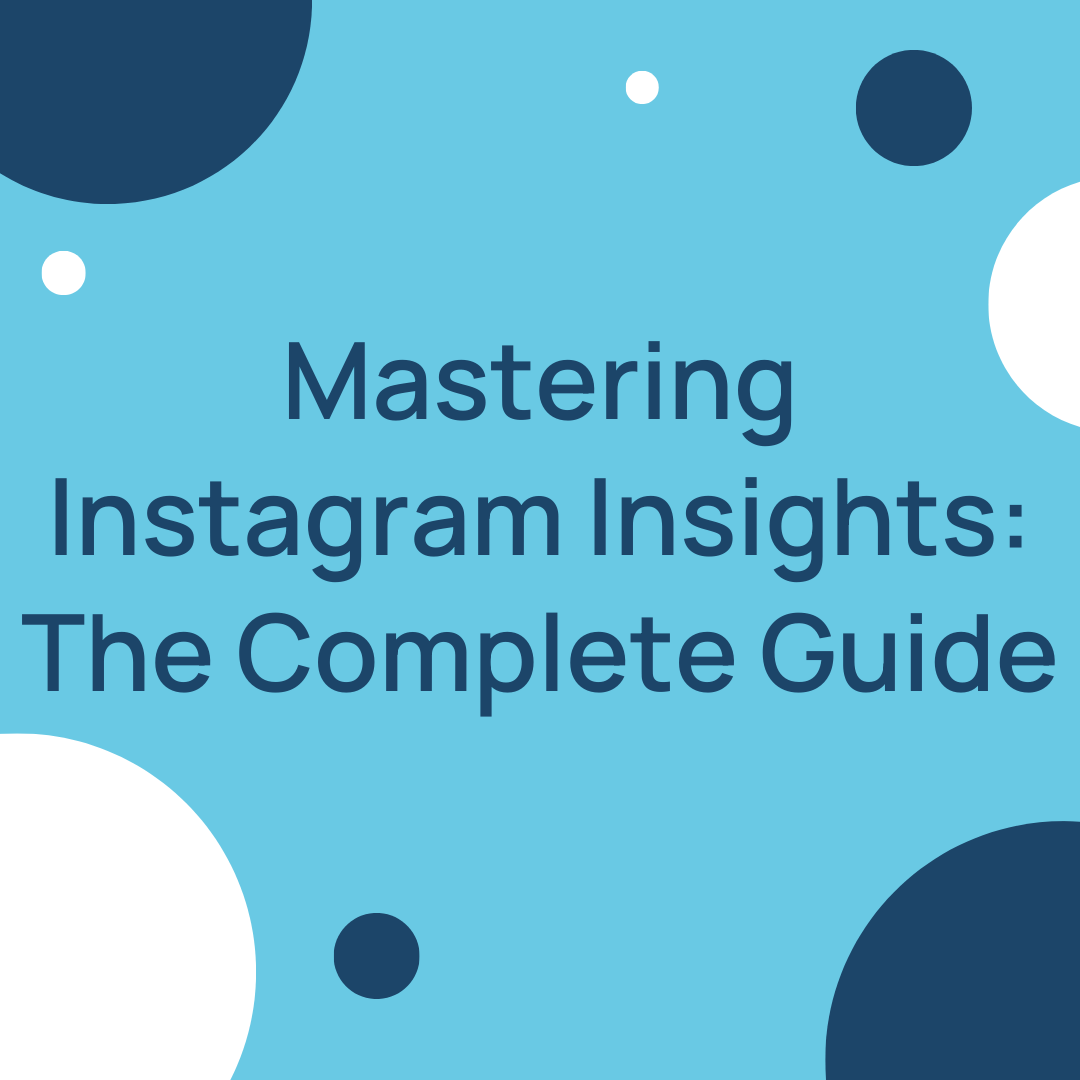Do You Need To Promote Your Facebook Page Outside Of Facebook?
Ivan Ivanov posted on 20 October 2017
The year is 2017. Living in the age of information we often neglect the fact that thirteen years have passed since the launch of Facebook in 2004. That’s almost the same time it took for the internet to achieve widespread adoption from the 1990s to the 2000s. Notably, it also took less than two decades for the personal computer to become a staple of the then modern home between the 1970s and the 1990s.
As technology changes the way we interact with it, social media platforms change as well. Entering its teen years, Facebook now has over 1.3 billion active users and its growth doesn’t seem to slow down. With Zuckerberg’s ever active notion to deliver free internet access to third-world countries and his vision of Facebook availability for everyone, we’ve come a long way since the platform was just a college-based communication network.
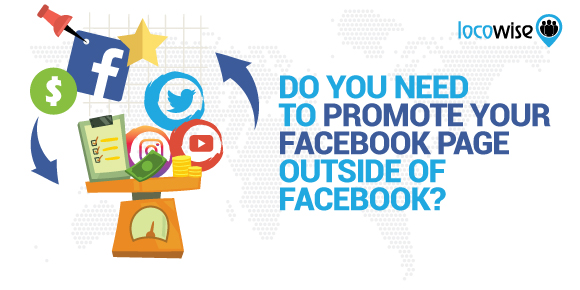
Yet, even the best of marketers sometimes miss the fact that the core of what Facebook for business is has also changed. To start off, you won’t get anywhere if you are following the advice and tips from rewritten blog posts that “introduce” you to the platform. But let’s break things down.
Here are the most common tips you’ll find online on growing your Facebook page.
The Foundation is There, but The Engagement is Lacking
The first thing you will hear from most is that you have to define your target audience and achieve the correct content tone. And for the most part, there’s nothing wrong with that statement. Even we often acknowledge the fact that without proper marketing goals on social media you are set for a disaster. But that doesn’t paint the whole picture.
Even the further tips you’ll get, such as that Facebook growth is achieved with consistency and that you should focus on keeping a tight posting schedule with a proper review process, isn’t that helpful. For the most part, all these “tips” should rather define the foundation of what a Facebook page has to be in order to have a chance for success.
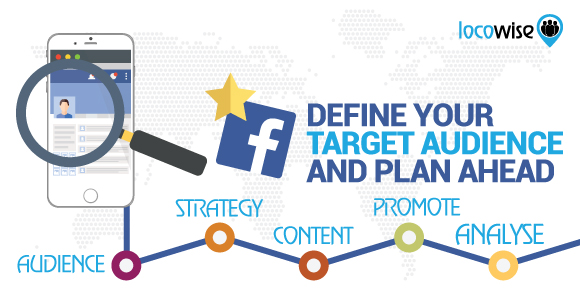
Think YouTube after YouTube, it’s Facebook after Facebook
A nice comparison to tie in our argument that Facebook for business is not what it used to be would be YouTube content. If you’ve been a relatively active user of the video sharing platform, you might note that there is a huge difference between the top videos in 2007 and the ones that are hitting the ranks today.
When the platform was fresh, quality didn’t matter as much, people were finding their voice and ultimately the top videos were painting the picture of a newborn just starting to walk. Yet, just after a decade, all the top content on the platform is of production quality that rivals Hollywood. It’s arguably the same with Facebook for business.
Just 10 years ago, your brand would have been considered fresh and hip just for having a Facebook page. Five years ago, your engagement would have been off the charts if you just posted a few relevant internet memes. Today, as we’ve covered in detail in our What your Facebook page should look like in 2017 piece, the tides have shifted towards utmost professionalism.
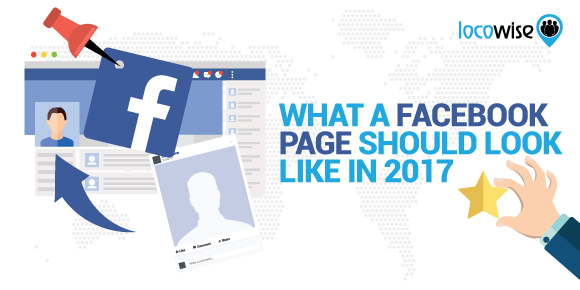
And we are not talking about the tone of the content. If you want to put your business on Facebook in 2017, everything that was previously discussed as strategies to “grow” your page should simply be the foundation of what your page should look like to have a chance for success.
What’s the next step and Promotion Outside of Facebook
Now for the topic at hand. Considering that you have everything set up, but you are still not getting a noticeable uptick in engagement, what should you do? To start off, we have a few creative ideas for Facebook growth to help inspire you. But what’s the actual validity of such ways of page promotion outside of the core platform?
The Closed Cycle of Online Content Promotion
An effective online marketing strategy should include a website and active profiles on the biggest social media platforms including Facebook, Twitter and Instagram. And interlinking your networks is a given. But in most cases, you would want your website to be the end destination of a user. And it’s almost natural that you should promote that website wherever possible. At least that might seem to be the case. Yet, we want to discuss an alternative.
Facebook for Business as a Gateway to your Website
Instead of spending your time promoting a website that is the end goal, why not promote your Facebook page instead? A decade ago, the web page of a business was the place to go for news, updates and interaction with that brand. But today, all of those activities are taken over by Facebook. Yes, you would ultimately want your audience to engage with your website, but why not lure them in with your social media profiles beforehand.
Arguments For Putting Facebook on Top of your Promotion Priorities List
1. Long-Term Engagement
The first argument for promoting your Facebook page outside of the platform is that you will get long-term engagement. If people are hesitant about your business, when opening your website, they will promptly close it and forget about it. Yet, if they first hit your Facebook page and like it, they might be hit with some of your posts in the future increasing your chances for website engagement.
2. Facebook is the “Human” Version of Your Business
Inbound marketing is on the rise and brands tend to be as human as possible. But no matter how human a brand is for its established users, for new customers it is but an unknown. And in most cases, your website is the “LinkedIn” version of your brand personality or simply it’s the professional face of your brand. With Facebook being the humanized version of your business, it might be better for new targeted individuals to receive their first impression for your company from your Facebook page instead.
3. Facebook is Relevant
If having the correct marketing strategy, your Facebook posts should be relevant and up to date with what’s happening in the world. You can’t necessarily place the newest internet meme on your website, but you can on Facebook. And if relevant and timely content is what people first see, your chances of customer engagement might be increased further.
4. A User Will See Multiple Posts
When has been the last time you’ve visited a Facebook page without scrolling a few posts down? When visiting a website, you might still scroll down, but when doing so you will often see information that is already expected to be there. It’s not the same with Facebook. Posts on a business page, as aforementioned are timely and relevant, meaning that there is an increased curiosity from the customer to see more than one post when visiting your page.
5. Facebook is “Emotion” Based
Even though this argument goes back to the humanization of your brand, it’s worth noting that Facebook is emotion based. What this means is that the posts on your page are (or at least should be) designed to achieve an emotional response from your customer. The same can’t be said for your professional website.
Arguments Against Promoting a Page Outside of the Social Network
1. Not Everyone Uses Facebook
Even though there are many users on the social media platform, not everyone is actively using it. By doing promotion outside of Facebook, you might end up spending money on people who are interested in your offering, but don’t like the social network.
2. It Ties in Your Brand with The Social Platform
Another argument against promoting your page outside of the social network is that by doing so you are actively connecting your brand and marketing message with that of Facebook.
3. You Are Achieving Likes, Instead of Sales
In addition, some believe that if you actively pursue likes and engagement, you are steering away from the true purpose of a Facebook page. After all, your profile on social media should help you sell your product and should not be a marketing goal in itself.
The Conclusion: It Depends
For the most part, promoting your Facebook page is best done throughout Facebook’s native sponsored post and page options. This will help you target a specific audience and will avoid reaching people who don’t actively use the platform.
Yet, with a correct promotion strategy, you might be best off promoting your Facebook page on dedicated websites, forums and platforms instead of your website. At the end of the day, it’s just food for thought!
And don’t forget that here at Locowise.com, you can always sign-up for a 7-day free trial to see what engagement strategies work and which doesn’t via having access to numerous analytics!


